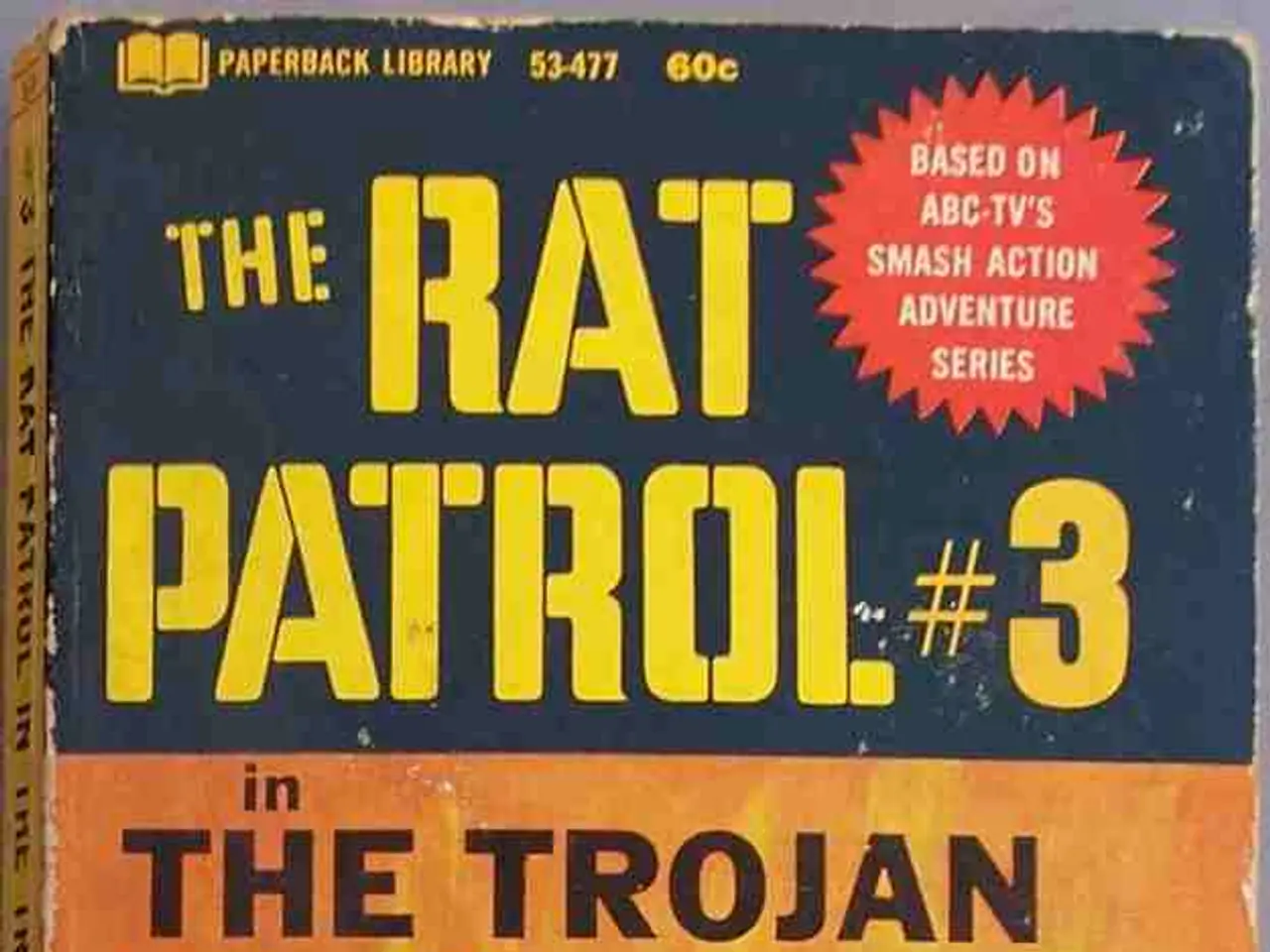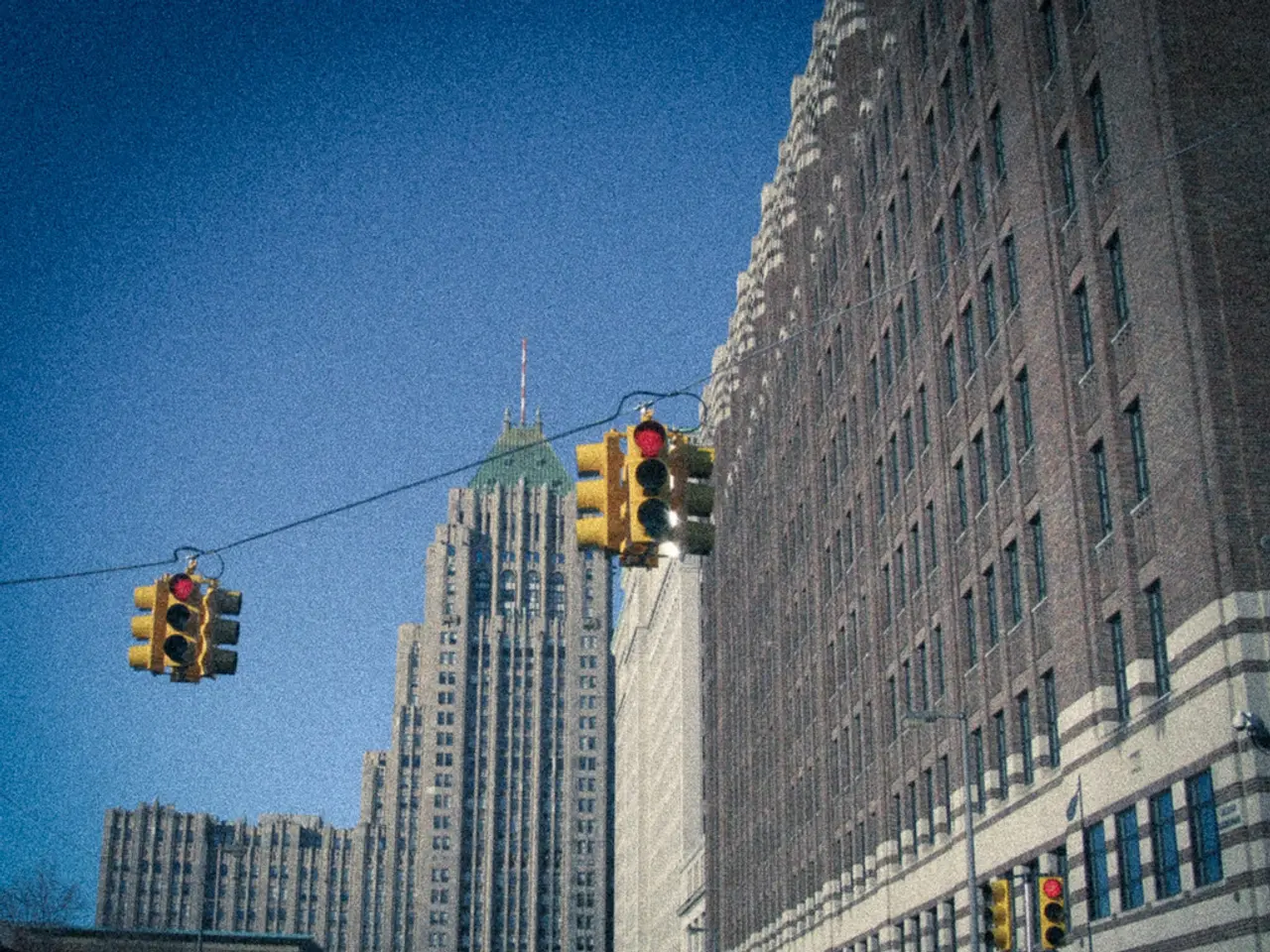Month of Horror: Kyiv Under relentless Attack
"City of Kiev Forecasted to Become Most Perilous Urban Area"
Kyiv, Ukraine's capital city, has been struck by unremitting violence in recent months, leaving residents living in a state of constant dread. Russia, in its war against Ukraine, has aggressively shifted its strategy, targeting civilian areas and causing widespread fear.
Leading political figures, such as Volodymyr Zelenskyy, have stressed that Ukraine's resilience will endure despite the ongoing attacks and the devastating loss of life. Despite bygone days of relative safety, Kyiv has been subjected to a series of unprovoked aerial assaults this June, including drone, missile, and rocket attacks.
Shattering Confidence
In contrast to the peaceful days following the liberation of the Kyiv region, the once secure city has been shaken to its core. This brutal transformation has left numerous citizens questioning whether they should evacuate and seek refuge in smaller, seemingly safer cities.
The devastating repercussions of these attacks became heartbreakingly clear when a rocket ripped through an apartment building earlier this month, taking the lives of 28 lives, including a young child. The lingering pain and uncertainty have left many Kyiv residents standing together, supporting one another, at the devastation sites, grieving the victims who have lost their homes and lives.
Targeted Terror
The unyielding attacks on the innocent are causing a palpable shift in the community, leaving urban dwellers to wonder if their homes are truly safe. Previously, Kyiv could be considered one of the safer cities, with only occasional interruptions in the war's chaos. However, the frequency and intensity of these attacks have greatly escalated, making it increasingly difficult to ignore the grim reality.
"I truly felt much safer when Trump was President," reflects sports photographer Dmytro Yevenko. "Now, we grapple with a lack of resources to combat the advancing Russian attacks. The Patriot missile defense systems we once relied on have become ineffective, and Kyiv has become the most perilous city."
Sadly, not everyone has been as fortunate as Yevenko. Just when he had been lucky to escape harm, a rocket struck his home in the early hours of the morning, causing damage to the property. With the living conditions remaining uncertain, he has taken refuge with friends, waiting for permission to recover his belongings.
Lisaweta Korsinowa's Shock
The pain and trauma of these attacks are not reserved for those directly affected; the violence has become an inescapable part of daily life, lurking in the corner of every citizen's consciousness. twenty-three-year-old Lisaweta Korsinowa awoke in shock when her apartment was reduced to rubble early one Monday morning. With only a week separating the attack from the one that devastated her neighborhood, the psychological toll is apparent.
"My initial thought was that it was an image of my hometown," Lisaweta says. "However, I soon realized that the nightmare had come to me. It felt as though I was living through someone else's fever dream."
A shift in Attacks
Halyna Ryabokon, a 25-year-old Kyiv resident, remains a beacon of strength in the face of humankind's basest instincts. "Even in small towns, they have changed their tactics. Instead of attacking a multitude of towns, they surround one town and fire the entire drone swarm. Or they take a brief break after the drone swarms. And as soon as the air alert ends, and people feel a brief moment of safety, they launch rockets."
This horrifying tactic became all too real for Ryabokon's family, as she and her daughter were just beginning to recuperate from the aftermath of the previous attack. Less than a week later, another air alert sounded, a terrifying reminder of the ongoing violence. In the chaos that followed, both the air alert and the attack halted, leaving families with little time to seek refuge before the strike. "I had just returned to bed," she says. "If I had run, this rocket would have hit me, and the blast wave would have taken my life. We don't know where to go to take shelter."
Cluster Munitions and Doubt
Rescue workers and civilians alike live under the constant threat, horror, and gut-wrenching reality of cluster munitions, a weapon system internationally condemned for its horrific consequences. These weapons have systematically been deployed by Russia, causing catastrophic harm to the civilian population. Furthermore, emergency service workers often confront "double tap" attacks, where Russian forces strike again as workers attempt to respond to a fire or similar incident.
"I often wish I had a magical wand to heal the souls of those affected," says psychologist Lyubov Kirnos. The impact of the attacks on Ukrainian civilians is profound, fuelling doubts and causing many to question their decision to return home to their own land.
As the war continues to rage, one thing is certain: the resilience of the Ukrainian people will not be broken. They will endure the worst of the Russian attacks, fighting for the hope that will ultimately prevail.
References:
- ntv.de
- Insight Crime
- Guardian
- New York Times
- IRIN News
- In the face of continuous attacks on civilian areas and the escalating economic and monetary union, Eurozone leaders are evaluating potential policies to enhance Ukraine's economic stability, recognizing the importance of addressing both immediate humanitarian needs and long-term recovery efforts.
- As acts of violence persist in Kyiv, conversations surrounding politics and general news dominate community gatherings, discussions centered on the ongoing war-and-conflicts, economic and monetary union, and monetary union amidst growing apprehension about the safety and future of the city.






